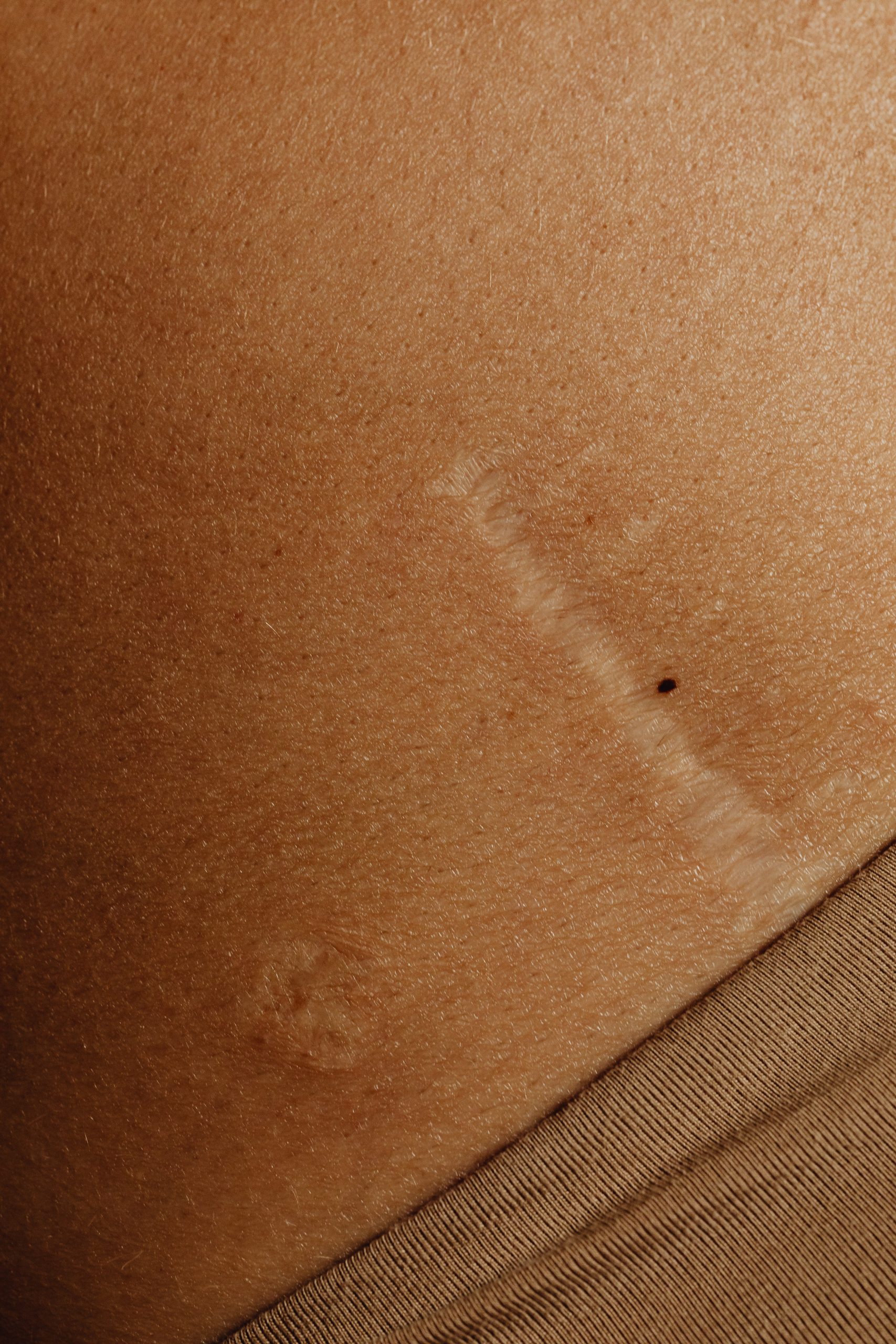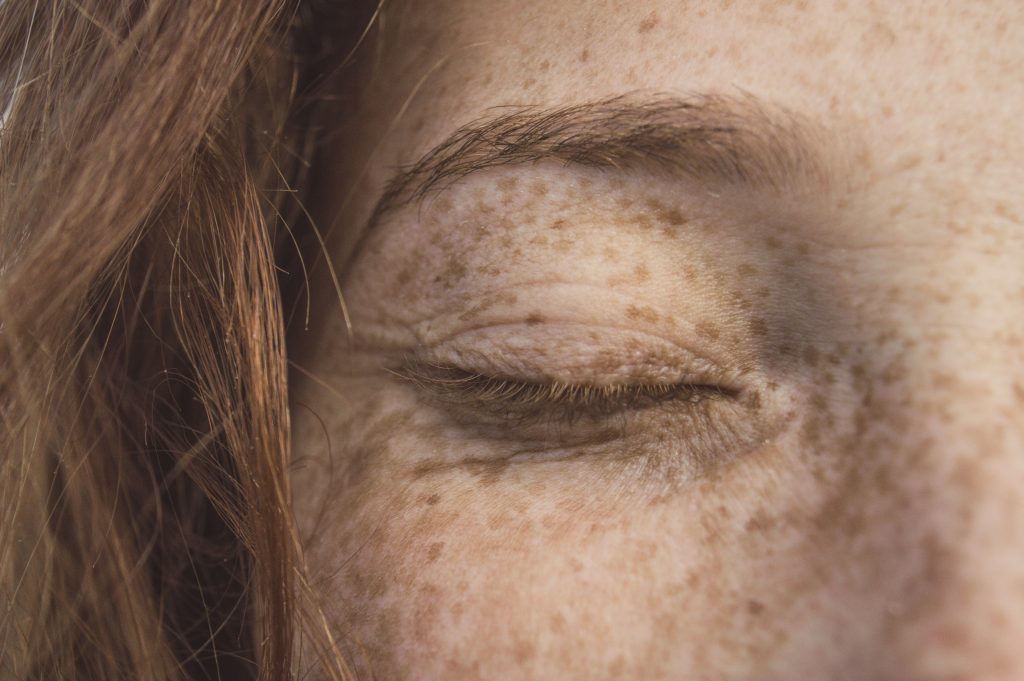Dermatology (Skin)

The skin is an organ that is susceptible to the formation of diseases due to its constant contact with the external environment. The emergence of dermatological disorders may be easier due to frequent exposure to environmental factors, chemicals, allergens and similar stimulants in daily life. Diseases that may occur in the skin can in some cases cause aesthetic and cosmetic problems, and in some cases, difficulties in performing daily functions. Therefore, dermatological diseases should be treated immediately as soon as they are noticed. Diagnosis and treatment of skin diseases are handled by physicians who receive 4 years of specialization training after 6 years of medical education in Dermatology departments, also known as Dermatology or Skin and Venereology.
Which Diseases Are Treated in Dermatology Clinics?
The dermatology department provides services for the diagnosis and treatment of all skin diseases. Fungal diseases, psoriasis, acne, teenage acne, eczema, venereal diseases such as syphilis and gonorrhea, treatment of all sexually transmitted skin diseases, skin cancers (melanoma diagnosis and treatment), birthmarks, hair loss, drug allergies, treatment of hives (urticaria) and investigation of its causes, sun allergy and its treatment, treatment of oral diseases, treatment of Behçet’s disease, aphtha, tongue fungus and other diseases, genetically inherited skin diseases, warts, skin tags and molluscum, fungal diseases of the nail, nail thickening, Diagnosis and treatment of conditions such as ingrown toenails and other nail diseases, oily skin and dandruff are carried out in dermatology departments

